War on drugs debated at event
Related Stories
The increased use of drugs among youth and the effectiveness of the war on drugs drove a discussion between two experts on Nov. 17.
The NYU chapters of the American Constitution Society and Students for a Sensible Drug Policy hosted “If Not Criminal Law, What Do We Do About Pot?” The event featured Joanne Naughton, a retired detective and member of Law Enforcement Against Prohibition, and Lorenzo Jones, executive director of the A Better Way Foundation. NYU Law professor James Jacobs was the moderator.
Naughton said despite the implementation of stricter drug reform policies and the decrease in drug prices in the past decades, drug use, strength and availability have increased.
“An effective drug policy should cause drug use to decrease, yet, in the 1960s only 2 percent of the population had ever used illegal drugs,” Naughton said. “Today, 46 percent of the population over 12 years of age has used illegal drugs.”
Jones said the system should pay attention to the public health options available to drug users rather than focus on punishment and incarceration.
“Legislators say to us, ‘Drugs are stronger now, so we need stronger laws,’” Jones said. “No, that’s dumb. In reality, we need stronger public health options.”
Naughton said the war on drugs must not be seen as a criminal justice issue.
“The use of drugs and the abuse of drugs is a medical and social issue, not a criminal justice issue,” Naughton said. “We’ve spent many, many years proving that making drugs a criminal justice issue has not gotten rid of the problem and has not gotten rid of drug use. We advocate regulating and legalizing all these substances.”
A student asked what argument anti-legalization legislators use most when organizations fight their efforts against drug reform. Naughton said there is never a logical argument presented to her.
“There is no logic to what we’re doing if you really think about it,” Naughton said. “We talk about controlled substances — that’s an oxymoron. These substances cannot be controlled as long as they’re illegal. Who’s controlling them? The cartels and the criminals.”
Naughton said the problem of prescription drug abuse is very apparent in the United States and the issue must be addressed with the medical system in mind.
“We tighten up the restrictions on prescription drugs so much that many people, when they can’t get their prescription, are going for heroin,” Naughton said. “That is something we’ve seen. There does have to be a medical model for it and not a criminal justice model. We have to get the medical profession involved.”
David Angelatos, member of the executive board of the American Constitution Society and graduate student at the NYU School of Law, said the issue of the war on drugs is important to talk about because of the immense potential for positive change.
“I think to legalize drugs and institute a new system is arguable the biggest single positive change we can make in America today,” Angelatos said. “I don’t think it would cure all the ills of the criminal justice system, but I think it would go a long way toward promoting racial justice and the civil liberties issues.”
A version of this article appeared in the Tuesday, Nov. 18 print edition. Email Suebin Kim at [email protected].





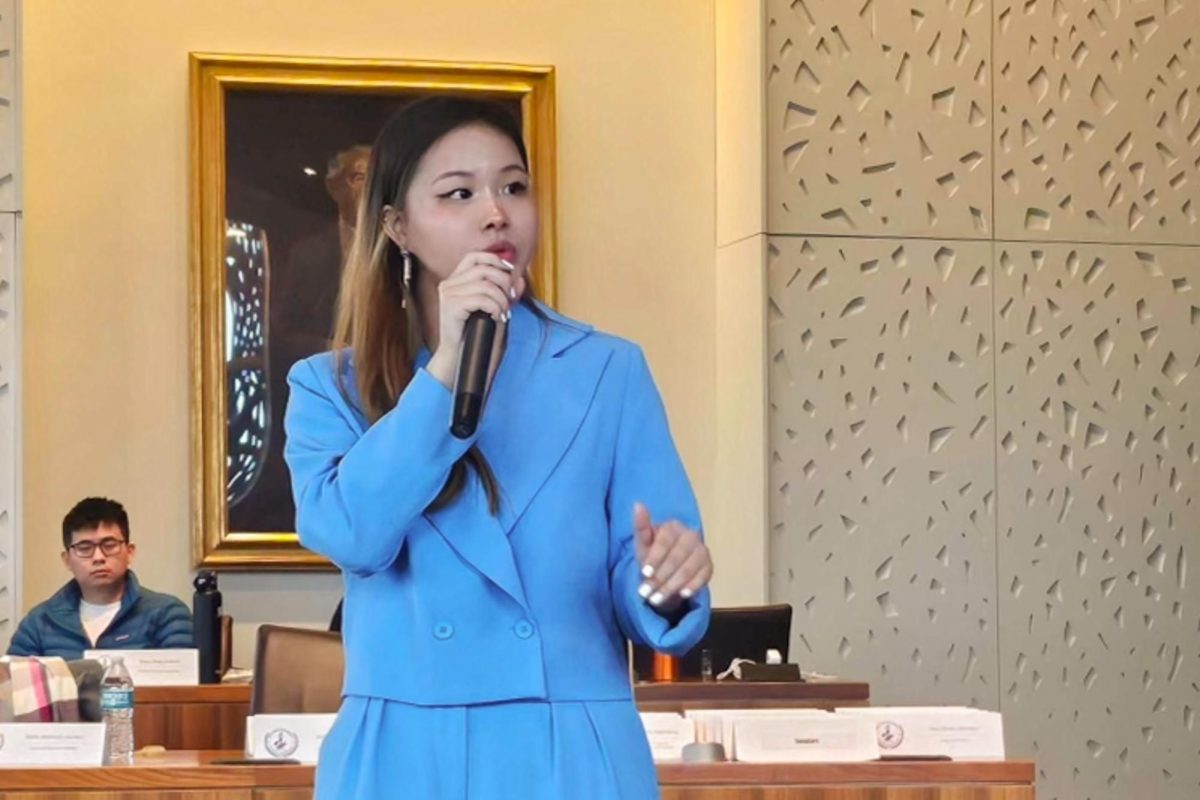




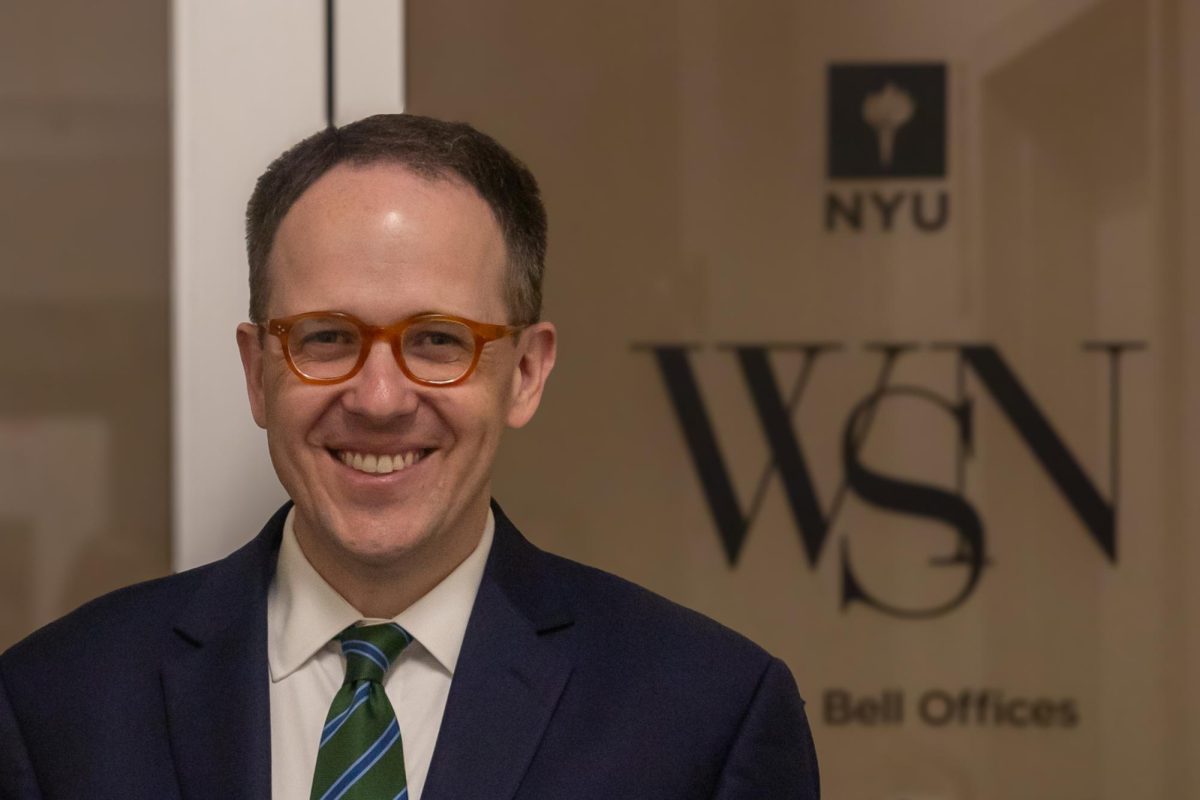
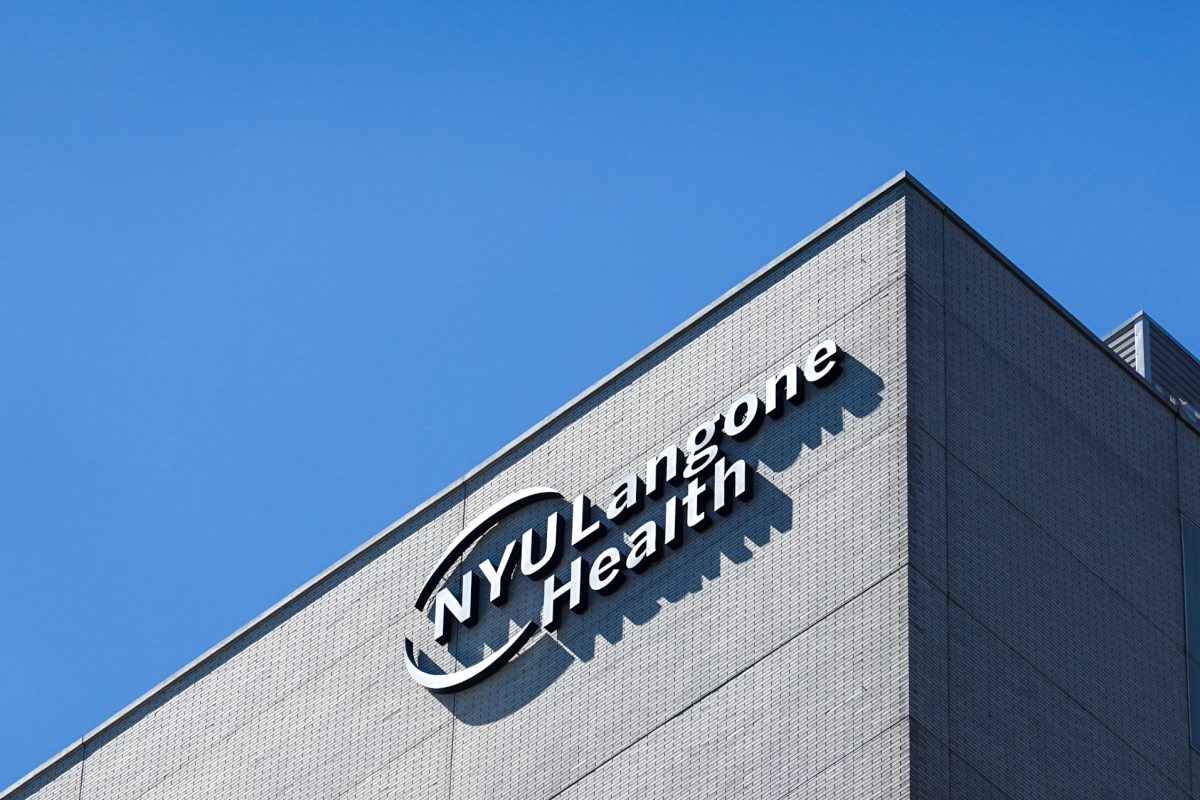



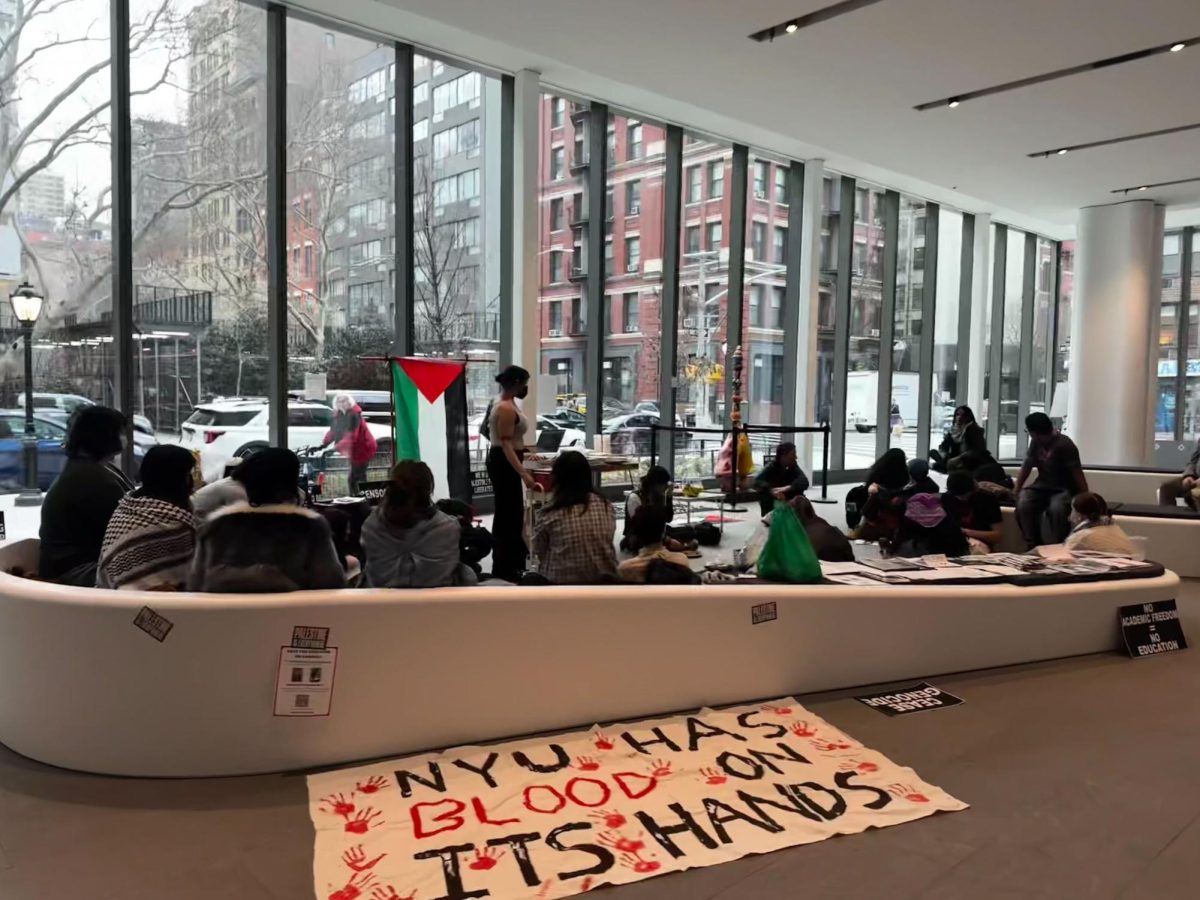

















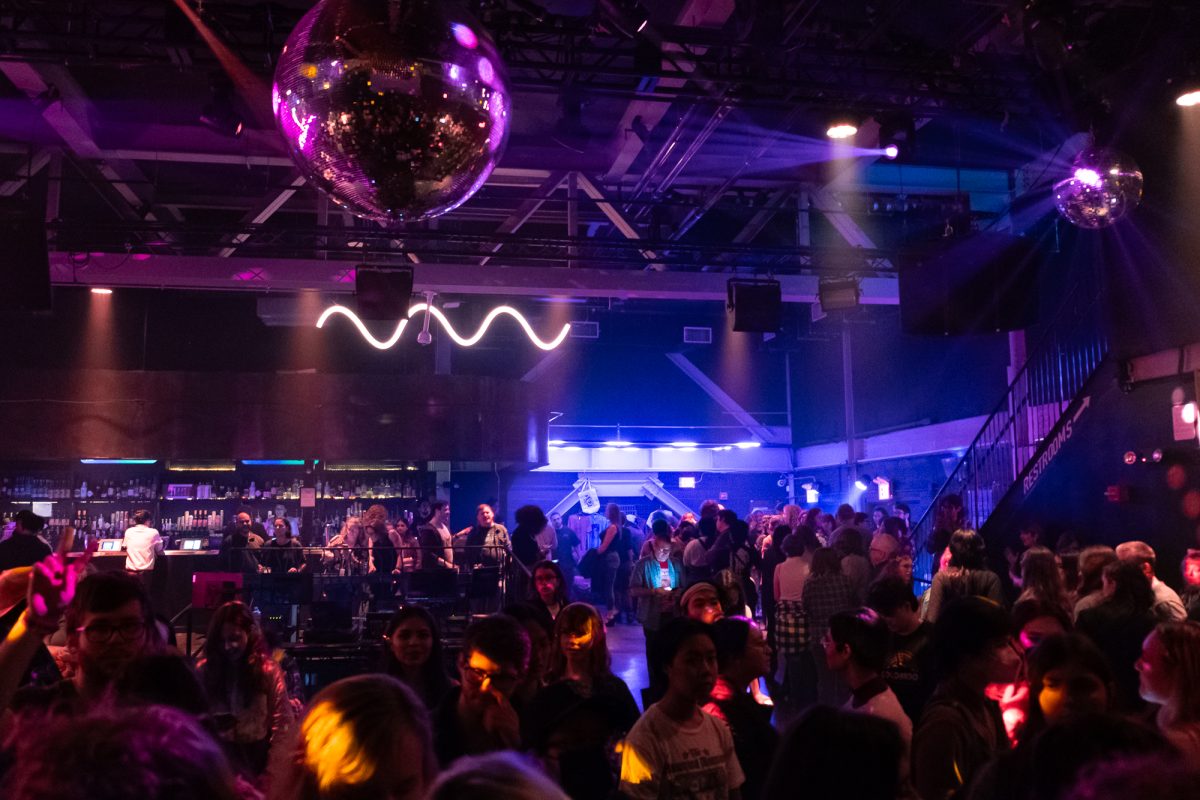

































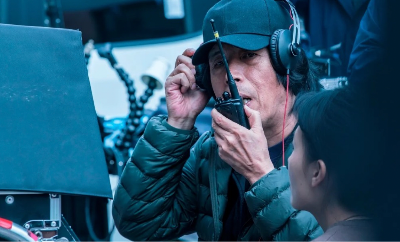
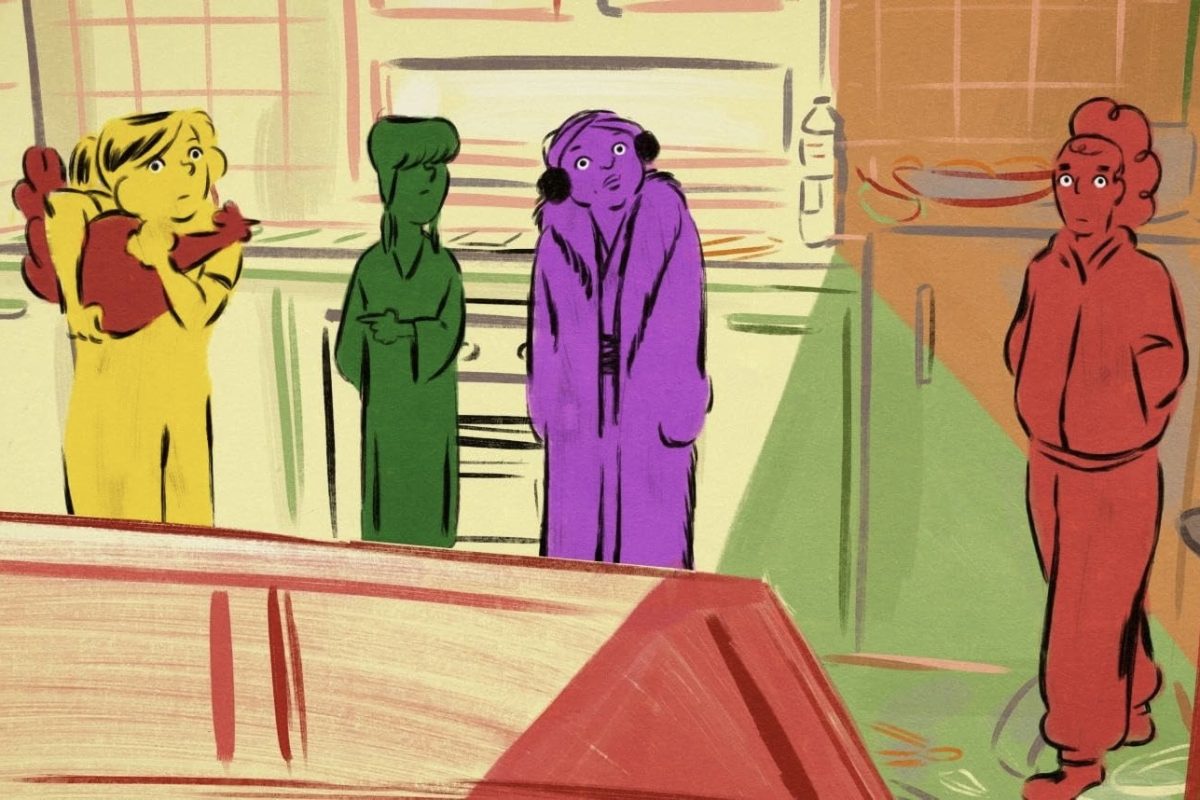











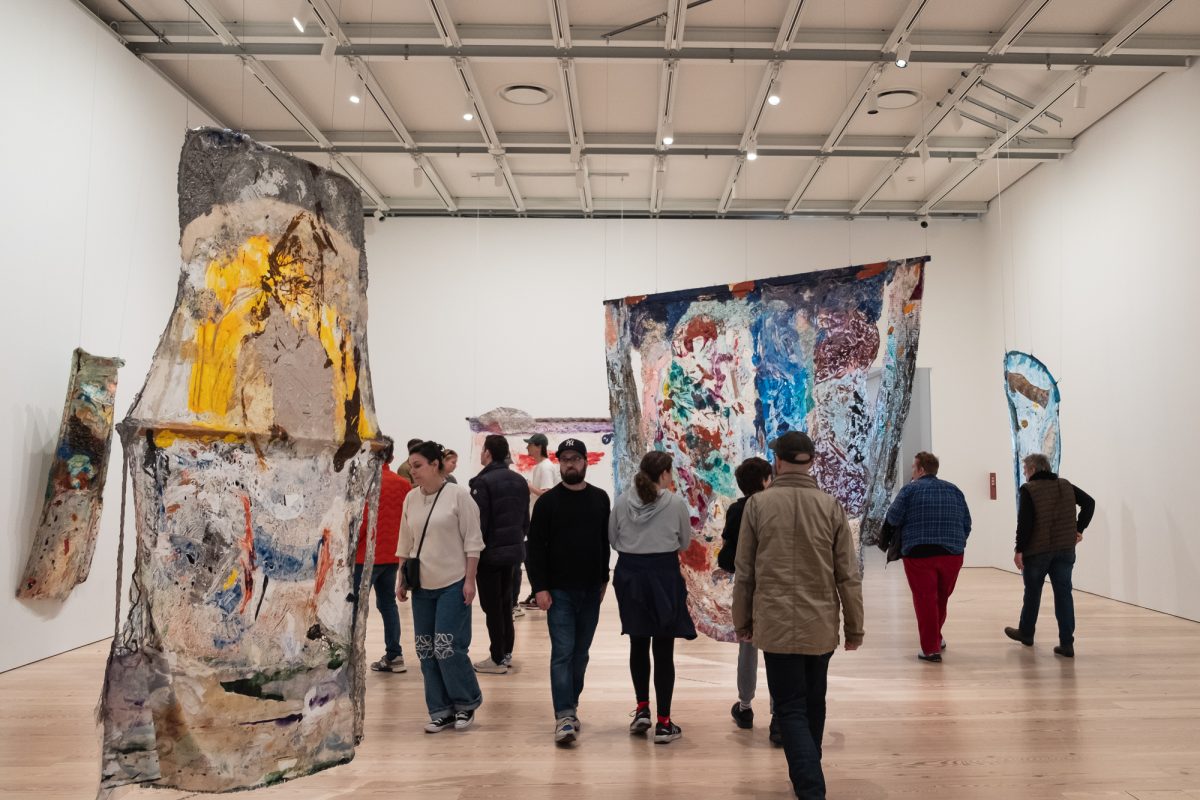






























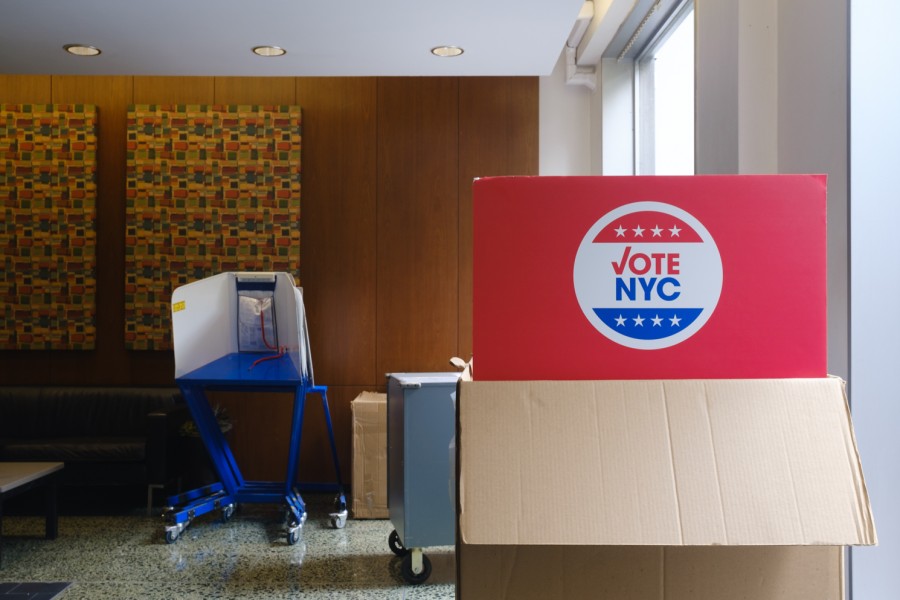
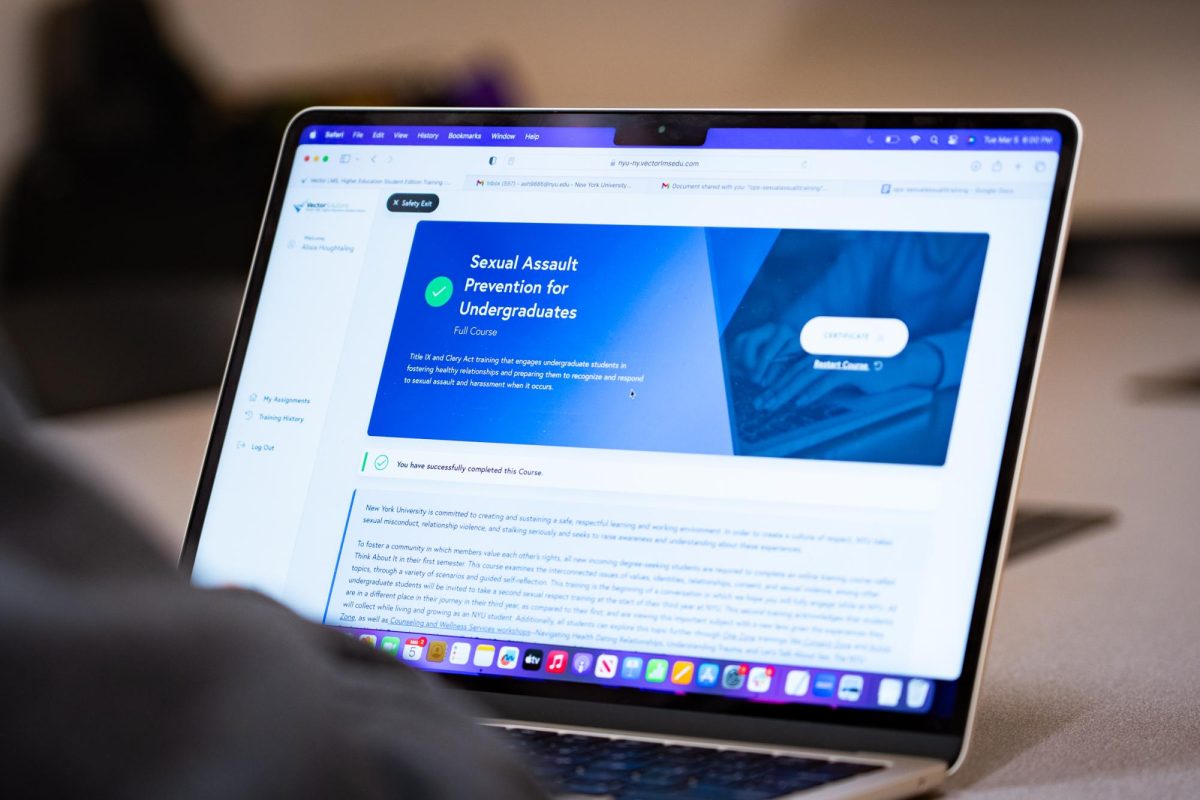



























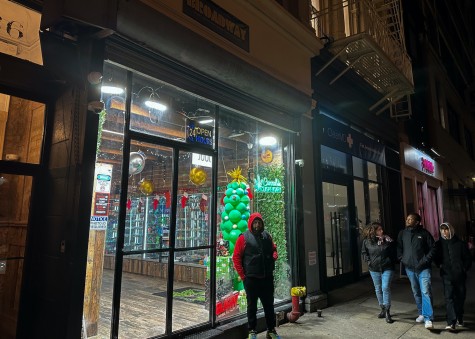

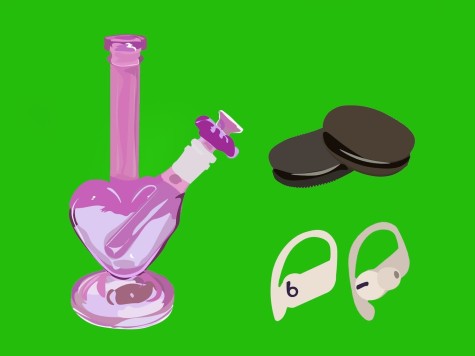




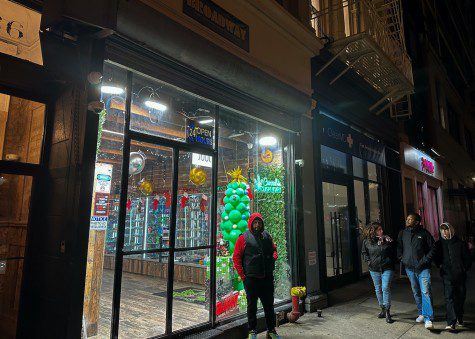
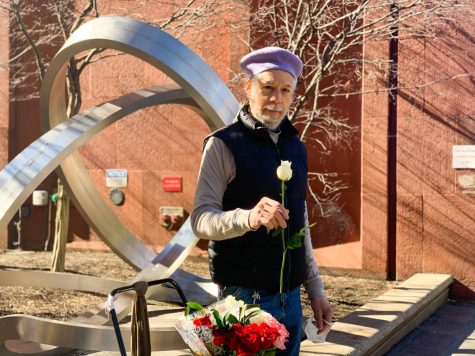
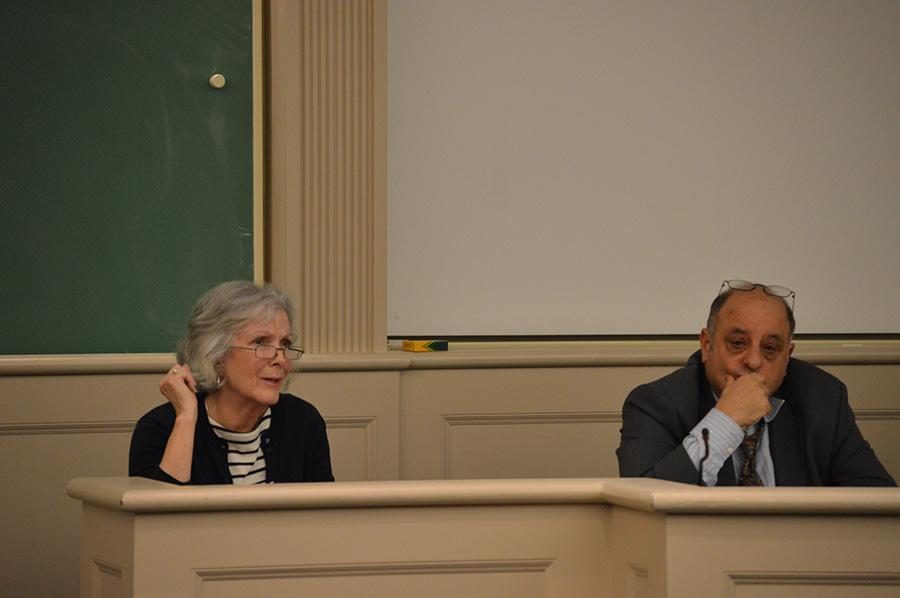
K TIWARI • Nov 18, 2014 at 5:25 pm
LIKE MORALITY CAN NOT BE LEGISLATED, PSYCHOLOGICAL DRUG HABITS CAN NOT BE CONTROLLED BY CRIMINALIZING THE CONDUCT. MOST CRIMES ARE REACTIVE AND REFLEXIC ACTS OF IRRATIONALITY. DRUG USE, ABUSE AND EVEN DYSUSE ON THE OTHER HAND, ARE RESULT OF WELL ESTABLISHED NEURONAL PSYCHOLOGICAL PATHWAYS THAT ARE WELL FORMED IN THE PROCESS OF SOCIO-PSYCHOLOGICAL GROWTH OF OUR BIOLOGIC SYSTEMS.
TREATMENT OF JUST SYMPTOMS, DOES NOT CURE THE DISEASE.
I HAVE ENORMOUS ANECDOTAL BUT WELL FOUNDED PERSONAL…